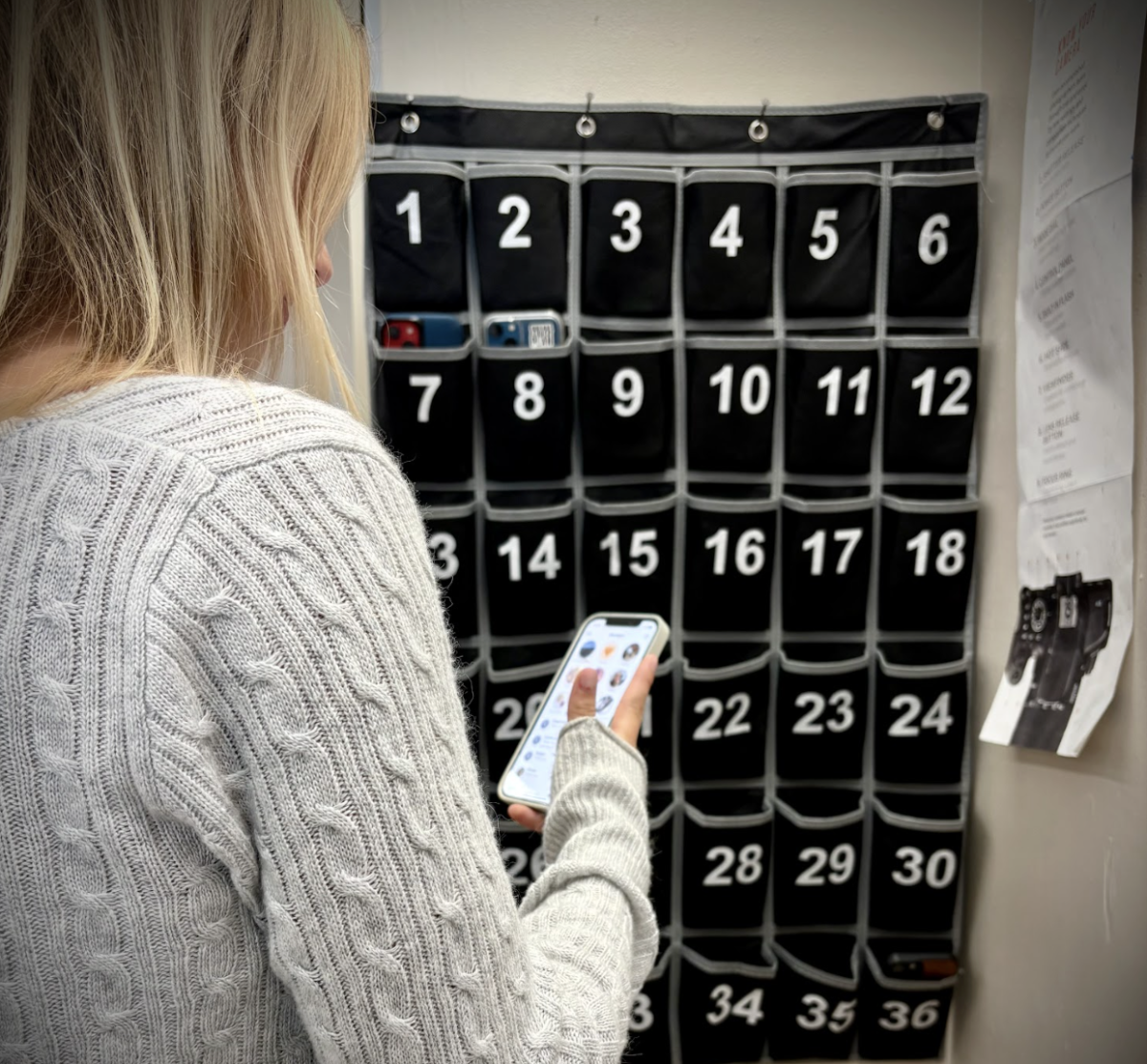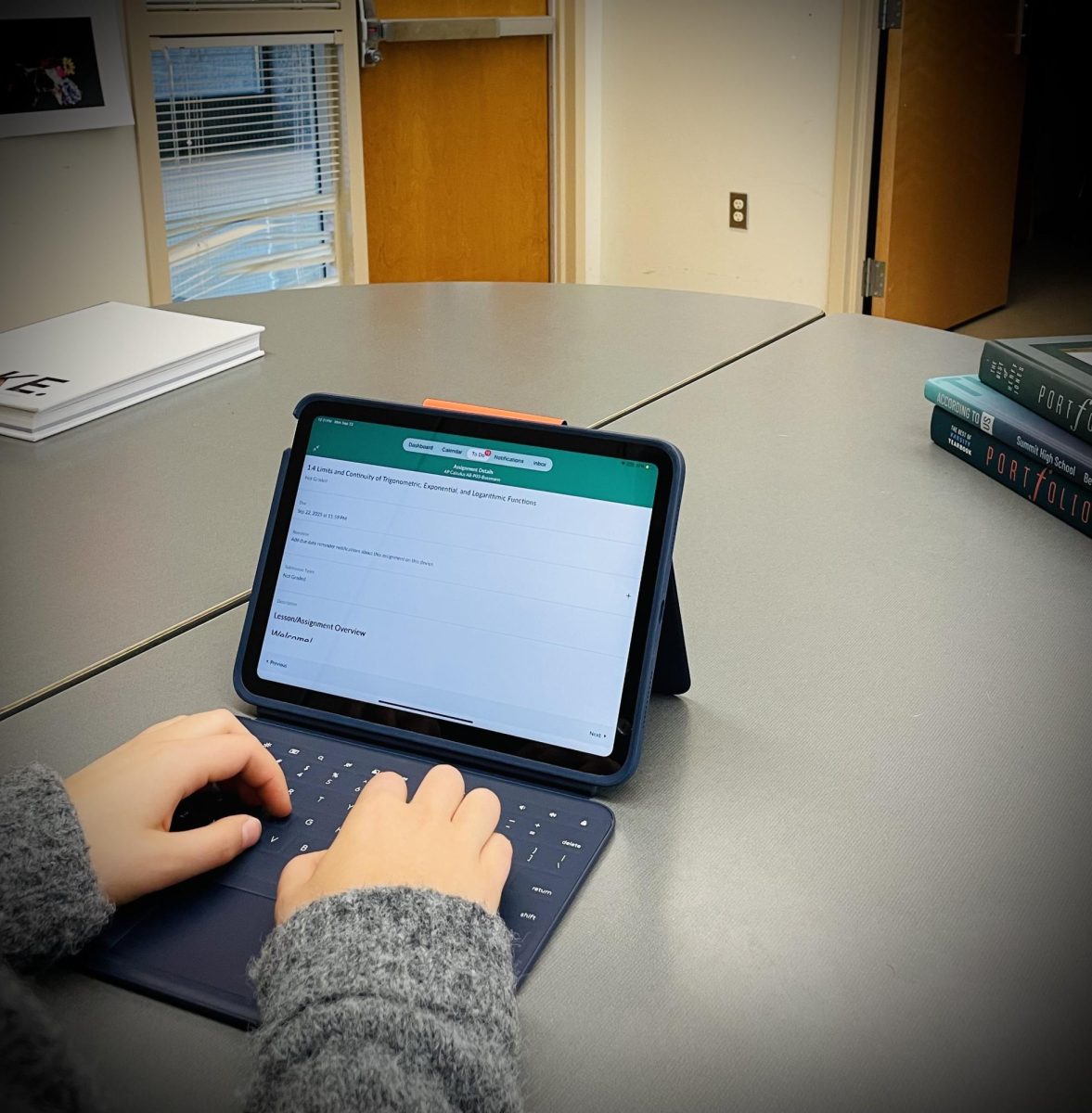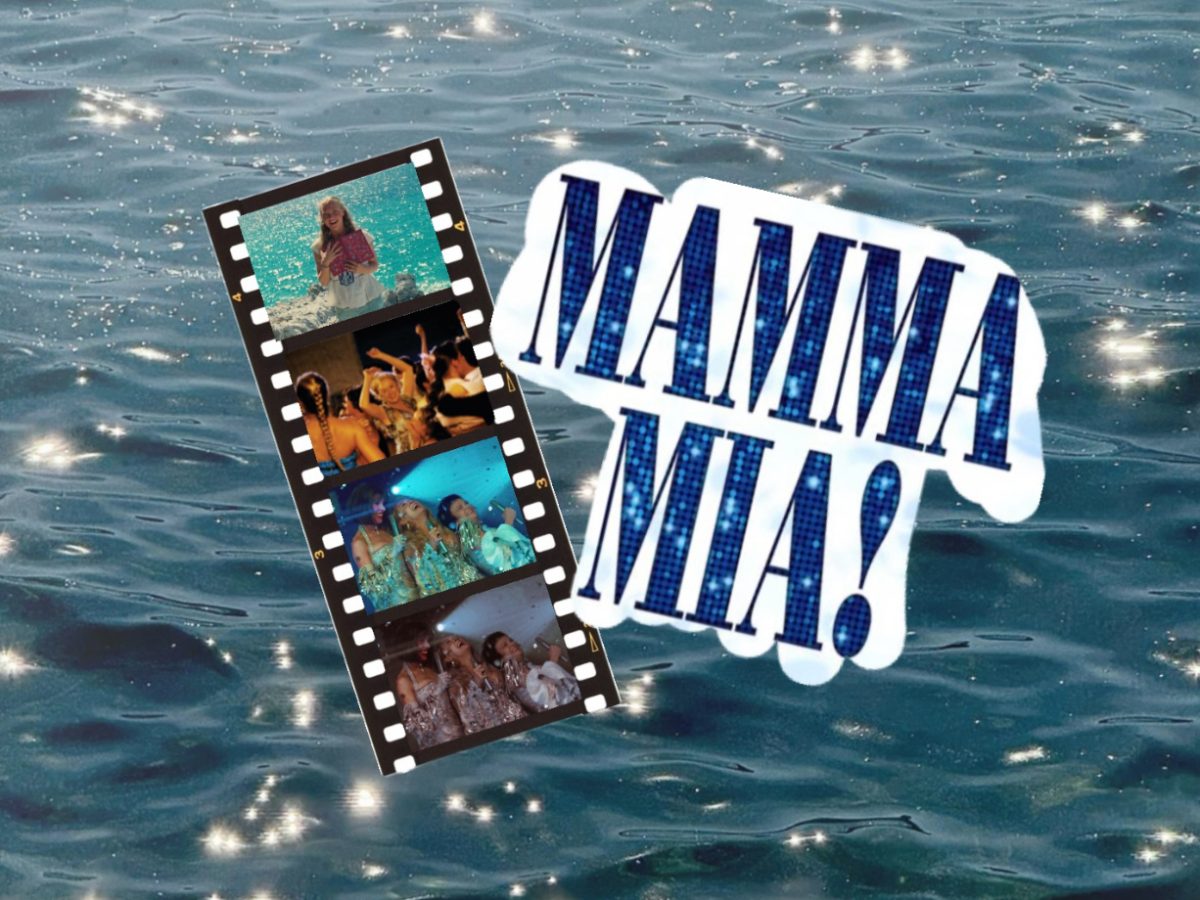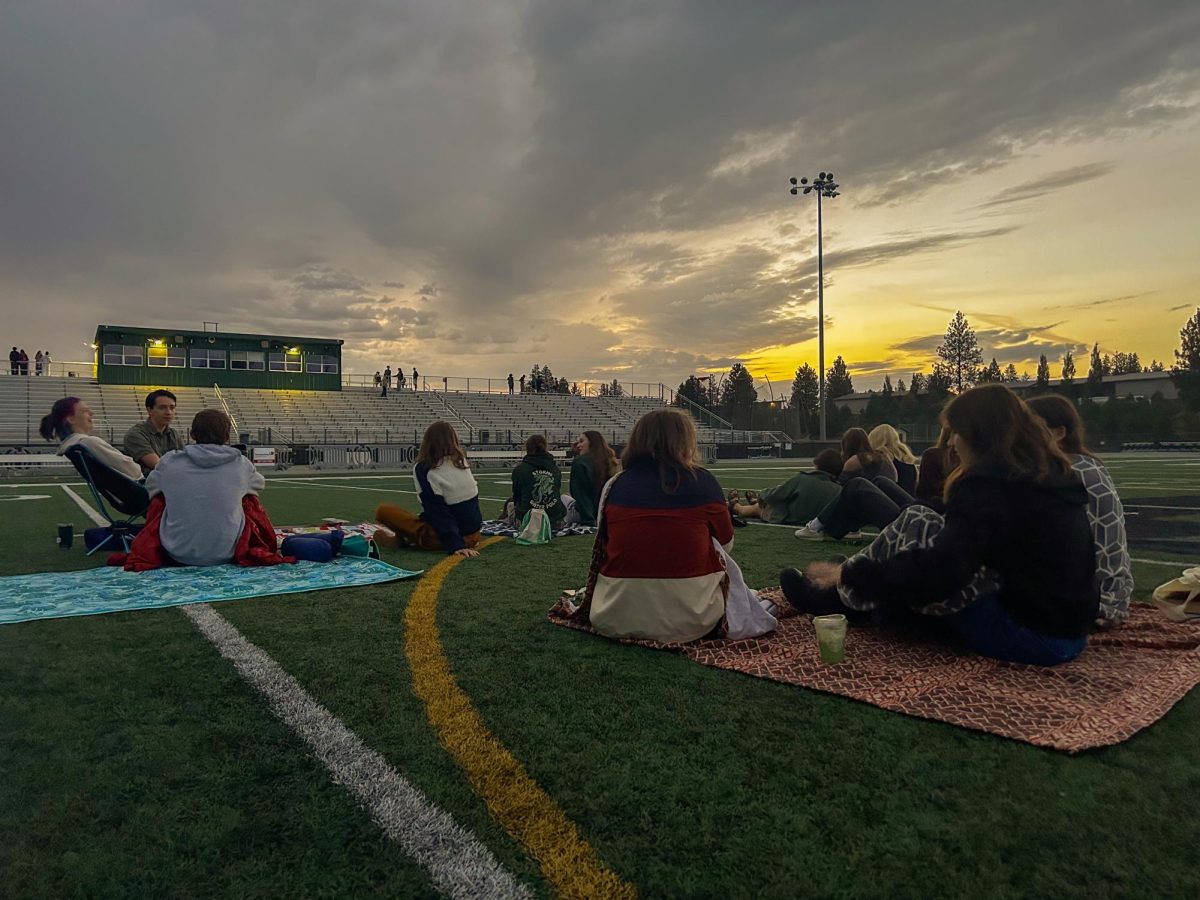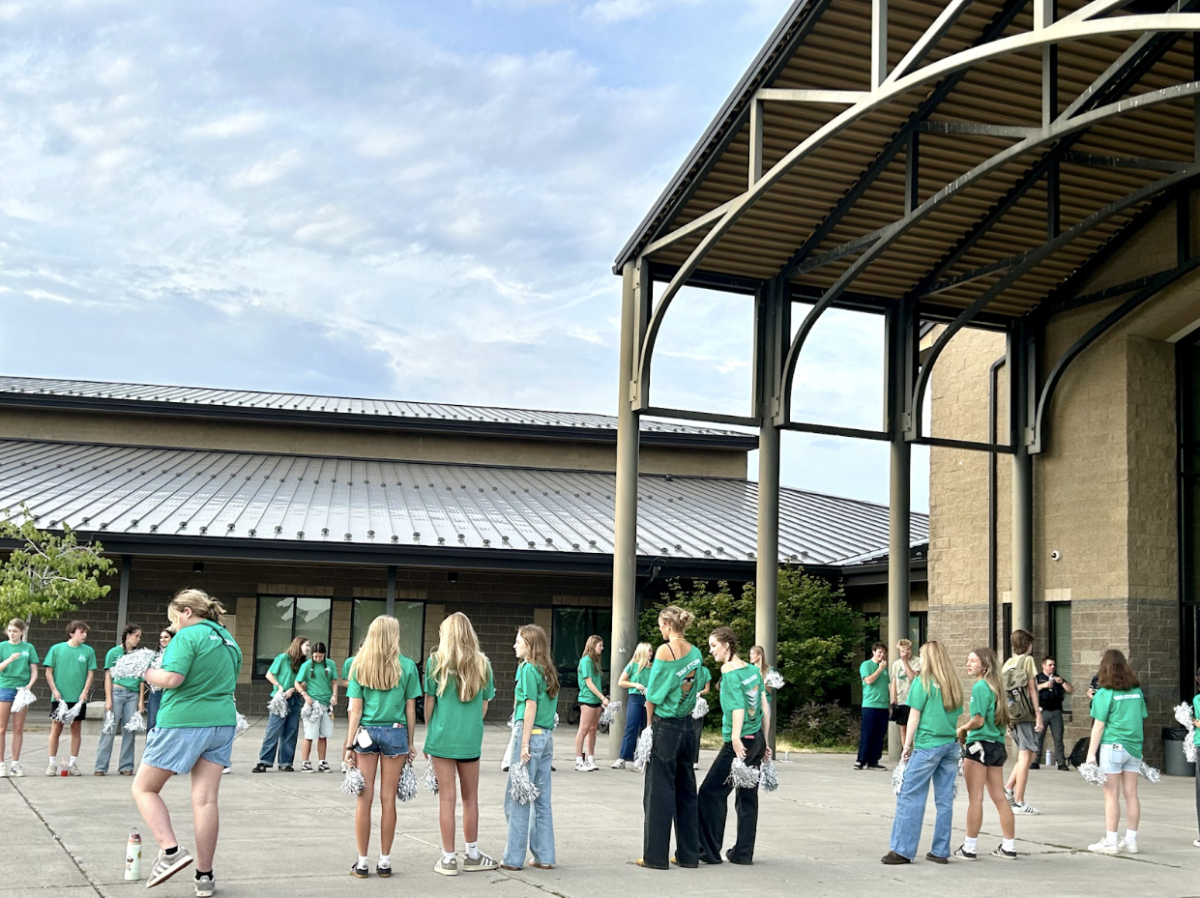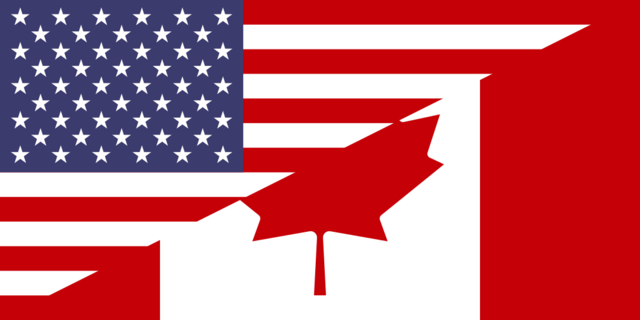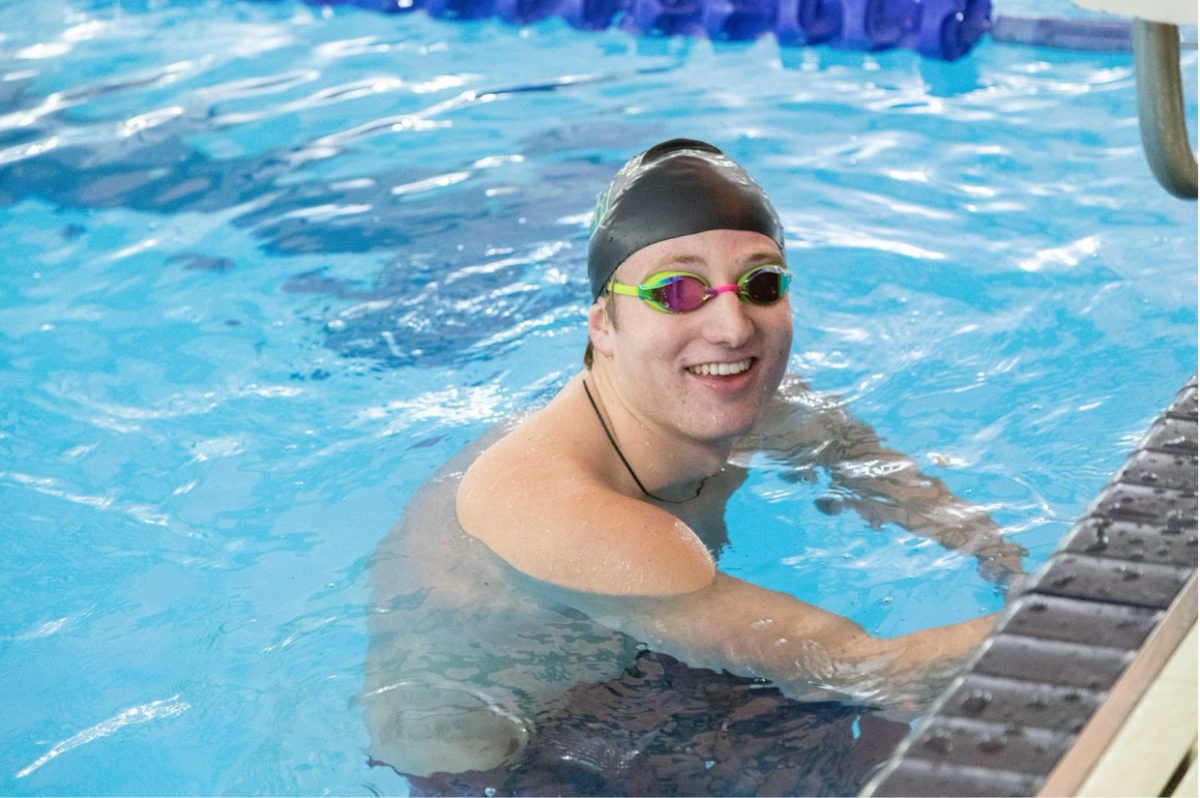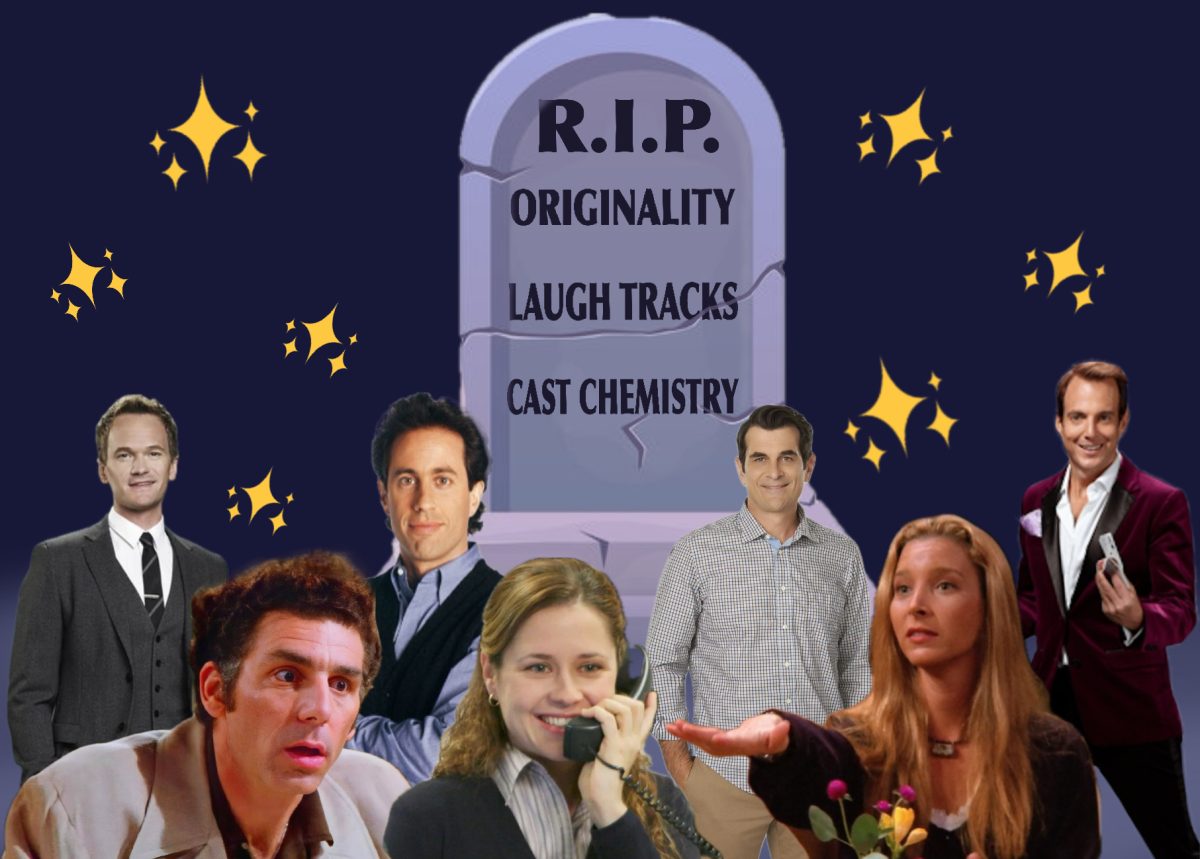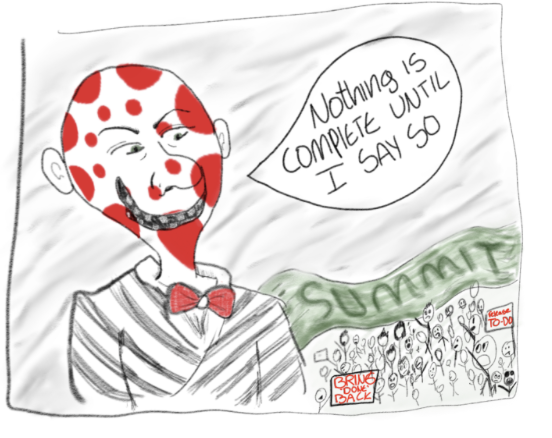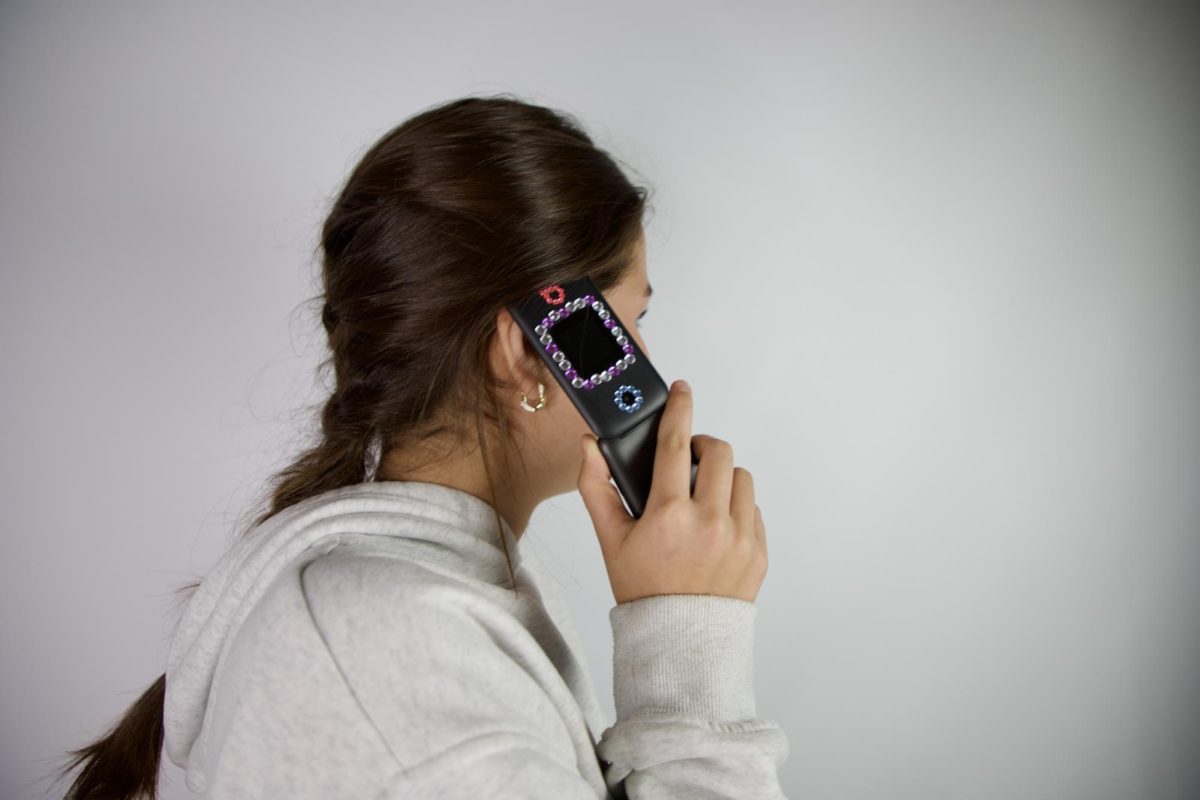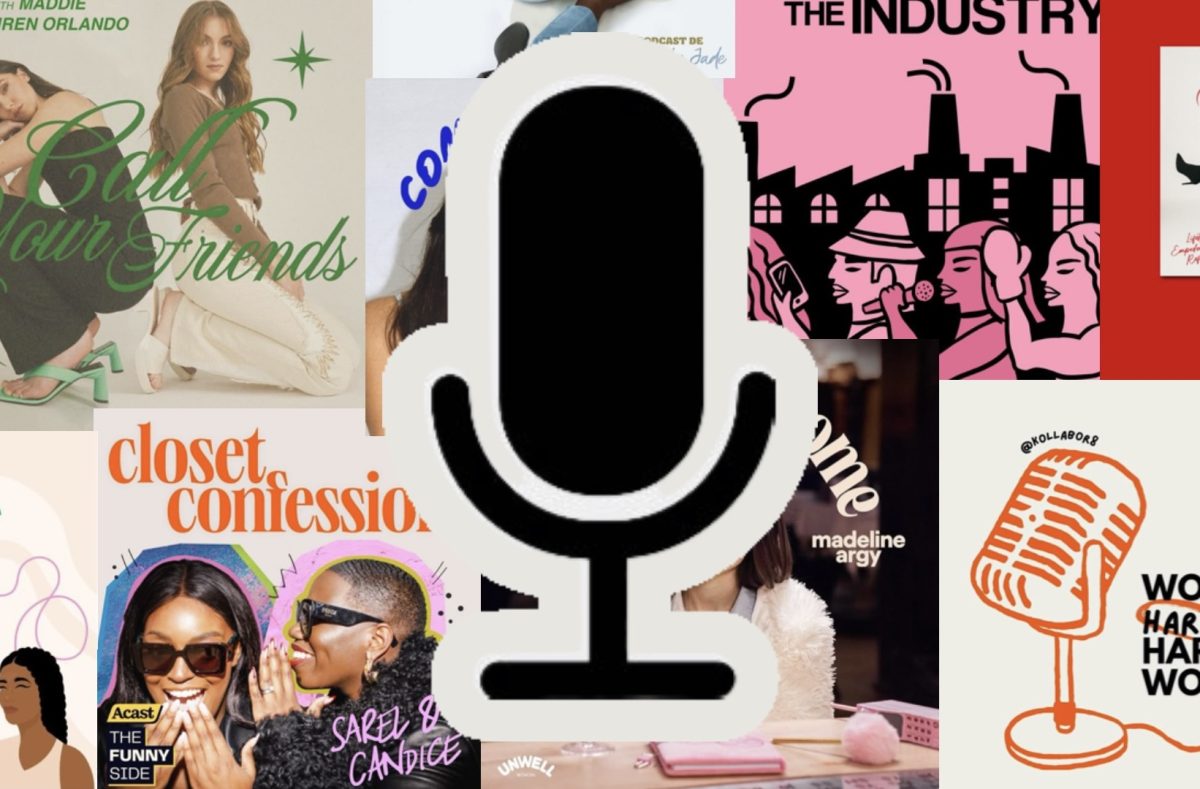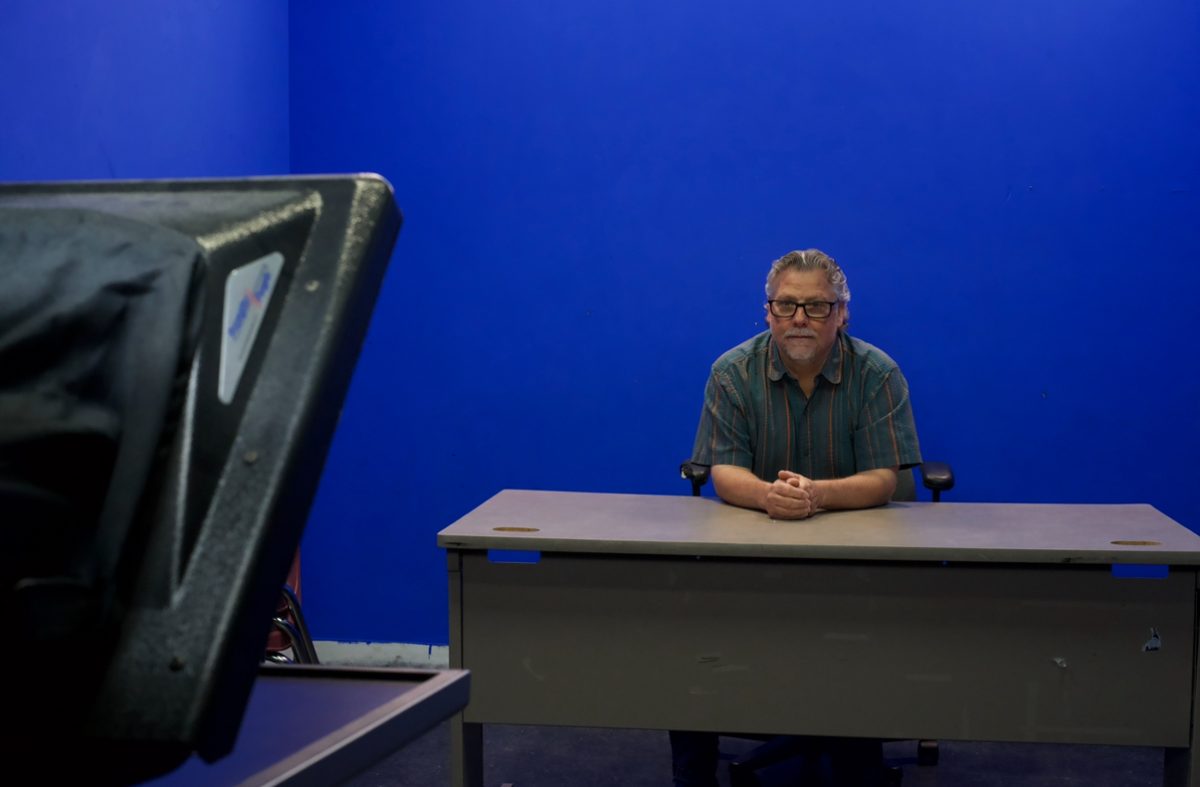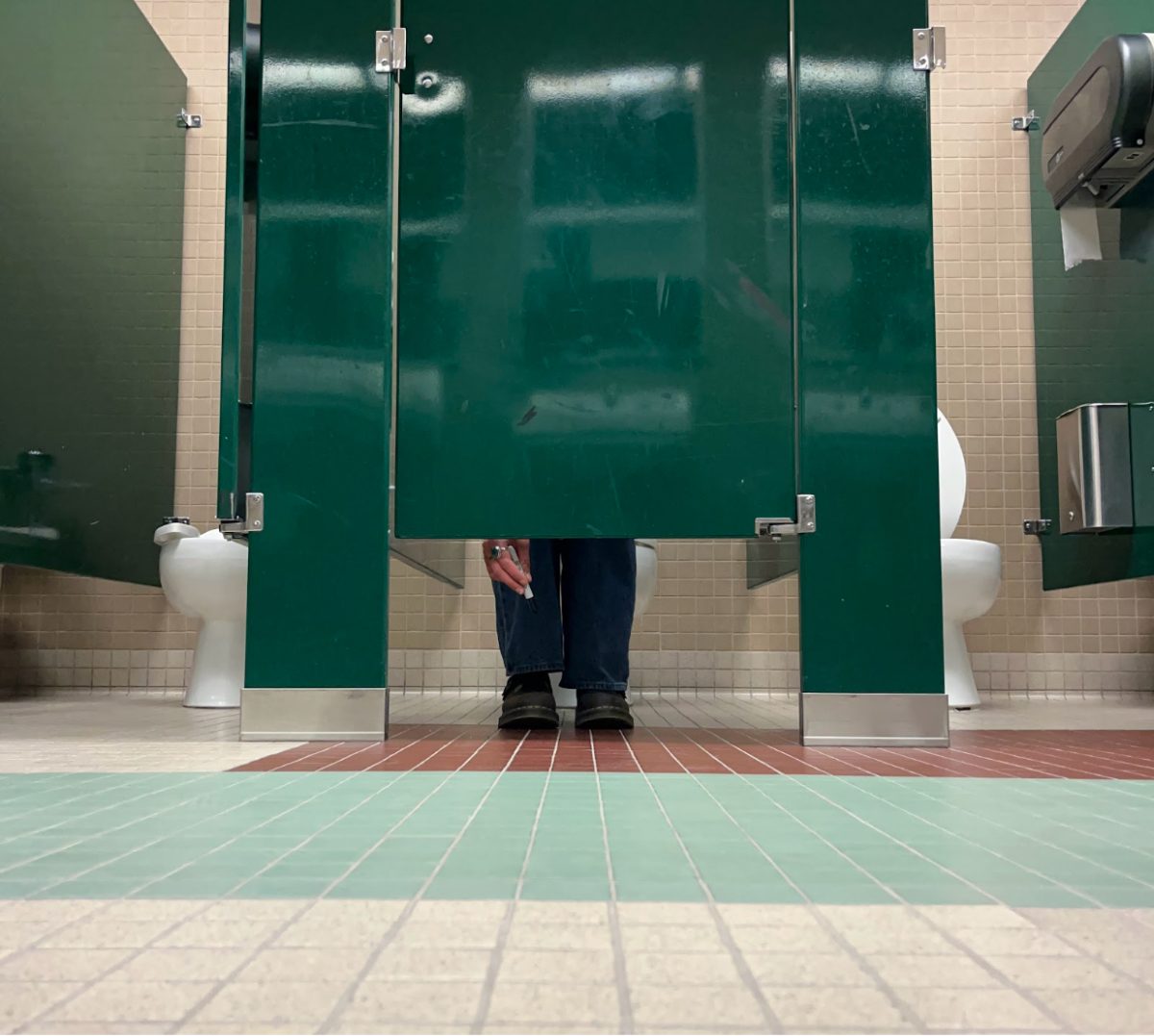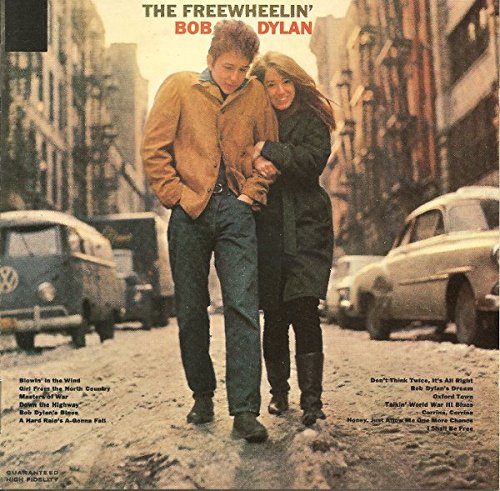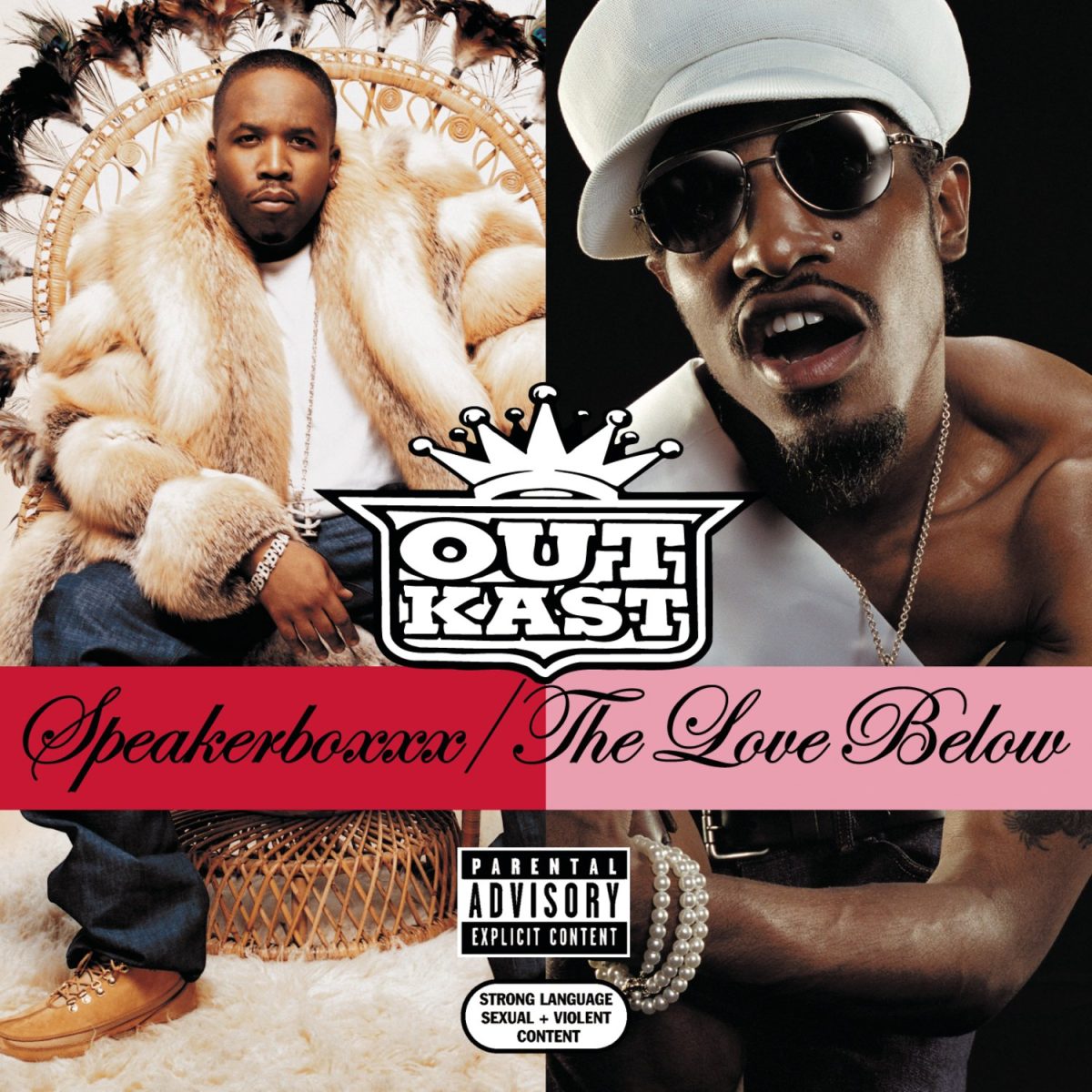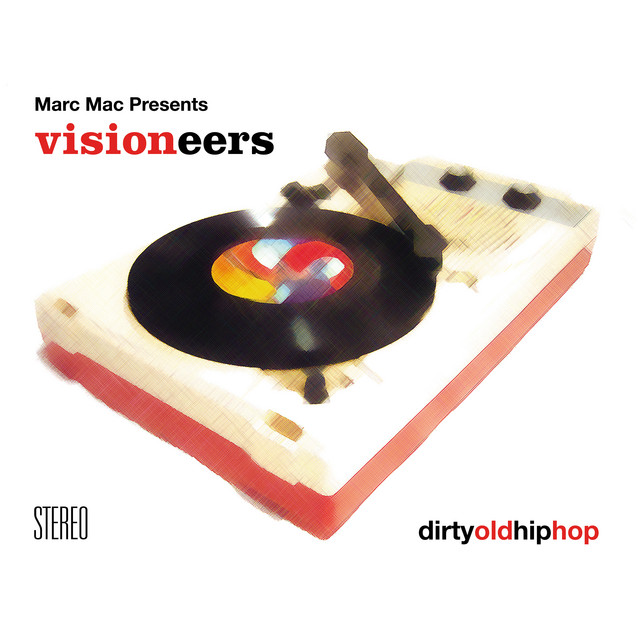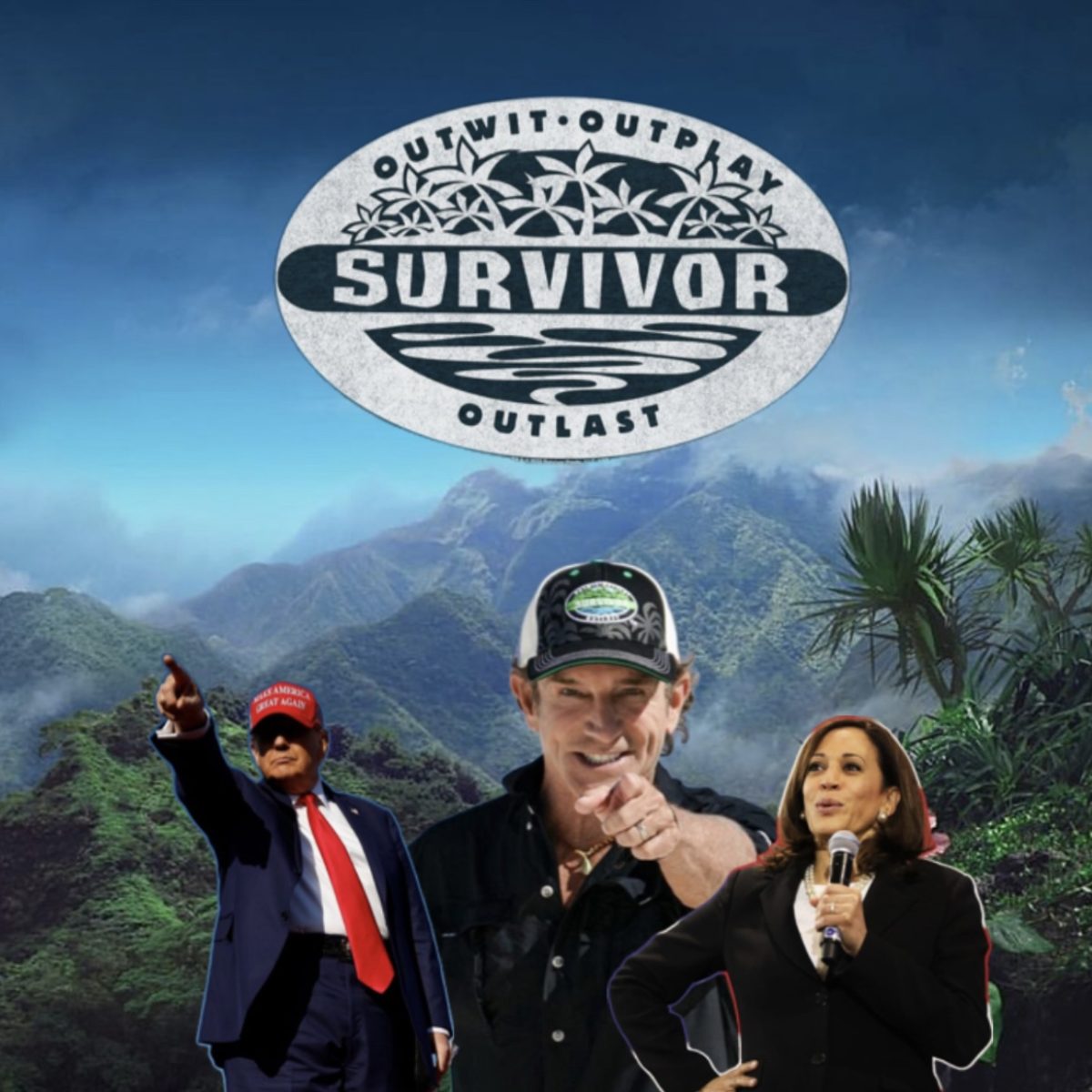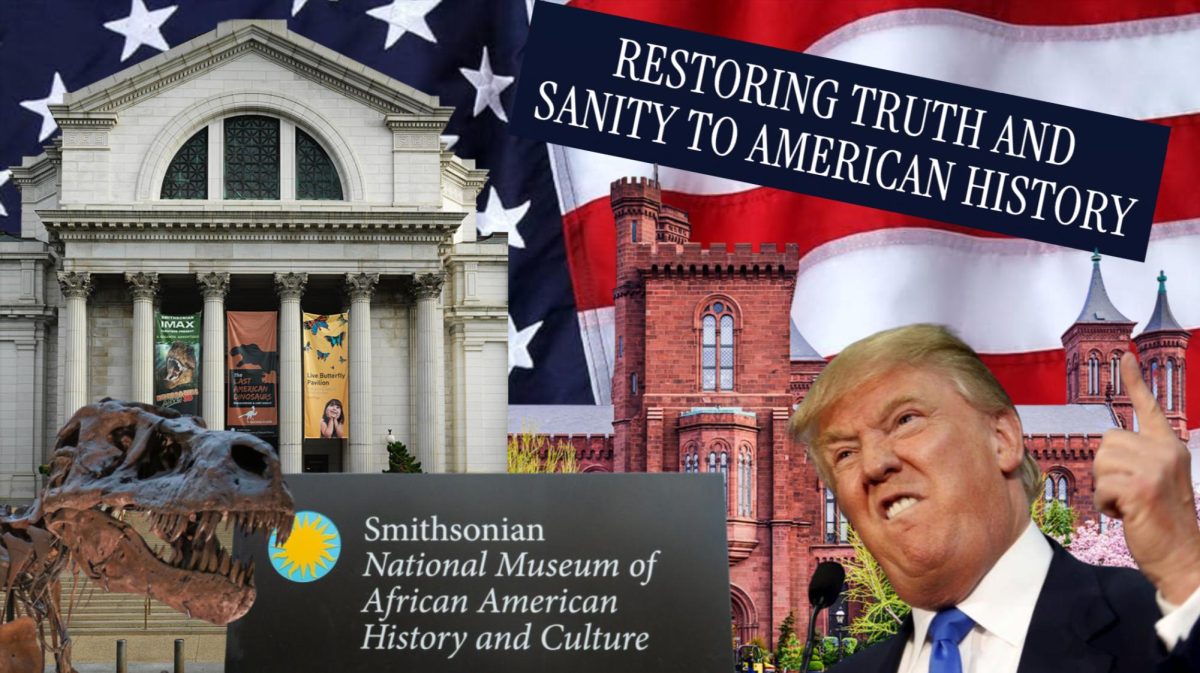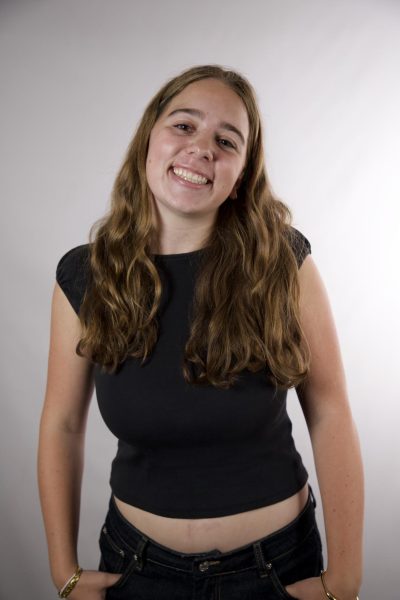Mud smeared faces, sandy coated silhouettes and notorious sweat stained bandanas adorn the screens of reality TV gurus alike. As contestants stand on a tiny wedge attached to a pole in the ground, their arms hang above their head, wrapped around a horizontal handle. Fighting against the burning urge to drop to the ground and let the pain subside, the show makes one thing crystal clear: This brutal picture of physical determination is only half of what it takes to win “Survivor.”
True fans know there’s much more to it. How will people from all walks of life interact with each other when placed in such circumstances? Stuck on an island with the goal of lasting long enough to win the $1 million, players are surrounded by a company of strangers, aside from charming show host Jeff Probst, of course.
With season 47 having begun its release on Sept. 18, the appearance of
Jon Lovett— known for his podcast “Pod Save America” and for being a former Obama speechwriter—raised many questions about what contestants feel they can share on the show without facing any repercussions. Under Lovett’s TV bio, the show stated that he was a podcaster (no further details), and when talking to his tribe he seemed to stick to this vague job description. But what’s even more compelling about this social experiment is its mirroring of reality, especially in high schools like our own.
We don’t solely see this tactic on the show, strategies like these, however useful when it comes to winning, are also seen everyday in Summit classrooms. While this may come as a confusion, Lovett isn’t the only person who is hesitant to share their political views. AP US Government and Modern World History teacher Patrick Kilty expressed why students might not be as comfortable sharing their views in class.
“[Summit] is predominantly liberal politically, and I think conservative minded students will be less likely to engage knowing that they will be, in most cases, firmly outnumbered,” Kilty recognizes. “But that’s our job, to try and cultivate an environment where it’s not about the tribe you belong to. It’s just your belief system, and that everybody’s belief system is valid, as long as it’s not something that denigrates others.”
“Survivor” is a perfect example of this scenario, except instead of someone’s high school reputation being on the line, survivors could be throwing away $1 million. In the New York Times article “On ‘Survivor,’ Talking Politics Could Get You Voted Off the Island” reporters interviewed four time “Survivor” player Parvati Shallow.
“If someone just gets a whiff of you having different beliefs, or if you say something about a sensitive subject to someone and you put your foot in your mouth, you could be getting your torch snuffed,” said Shallow.
Much like how in everyday life your actions have consequences, when it comes to personal beliefs it’s more of a matter of which repercussions are actually deserved and which ones are given based on other’s personal preference.
Still, “Survivor” has progressed a long way in terms of inclusion. When the first season aired in 2000, the show didn’t necessarily evoke acceptance. It’s taken many years for the cast to become more diverse and for topics of equality to be discussed on the show.
However relatively positive this is, it has gotten some negative pushback in terms of taking too much into consideration. Long time fans have gone as far to say that the show appears to have gone a bit soft. By the end of the first episode of season 47 viewers witness what appears to be a grown man having a temper tantrum after losing the first tribal immunity challenge. It was also reported in an article titled “I Miss the Old Survivor” that Host Probst has resorted to encouraging players during challenges instead of his usual cheeky banter.
Although there may not be a place for political discussion on “Survivor” just yet, Summit classrooms are trying to lessen these feelings of isolation. AP US Government and US History teacher Marni Spitz makes it clear that her classroom is a safe place for these discussions.
“I always tell students, I think what’s modeled out there is a pretty toxic polarization. But it’s a really beautiful thing to have a classroom space to talk about these issues,” said Spitz.
It’s also important to note that both students and teachers will be inclined to their own opinions and still be able to have these conversations without imposing judgment.
“Yes, I’m not a robot. I want to have an opinion about things, and I hope my students do too,” said Spitz “I do my best to really present things in a way that is examining multiple objectives to look at something.”
Nevertheless, she’s not the only one, Kilty makes it a personal goal of his that by the end of the year his students have no idea what his political beliefs are. This makes it a more welcoming space for students to feel they can speak to Kilty about related topics.
Everyone is different and is entitled to their own opinions. It’s a magical thing to have curated spaces at school to discuss and share these ideas. You’re not going to be voted off the Island for speaking up in AP Government and students shouldn’t have to worry about being shunned at tribal council meetings for sharing their views in World History.

